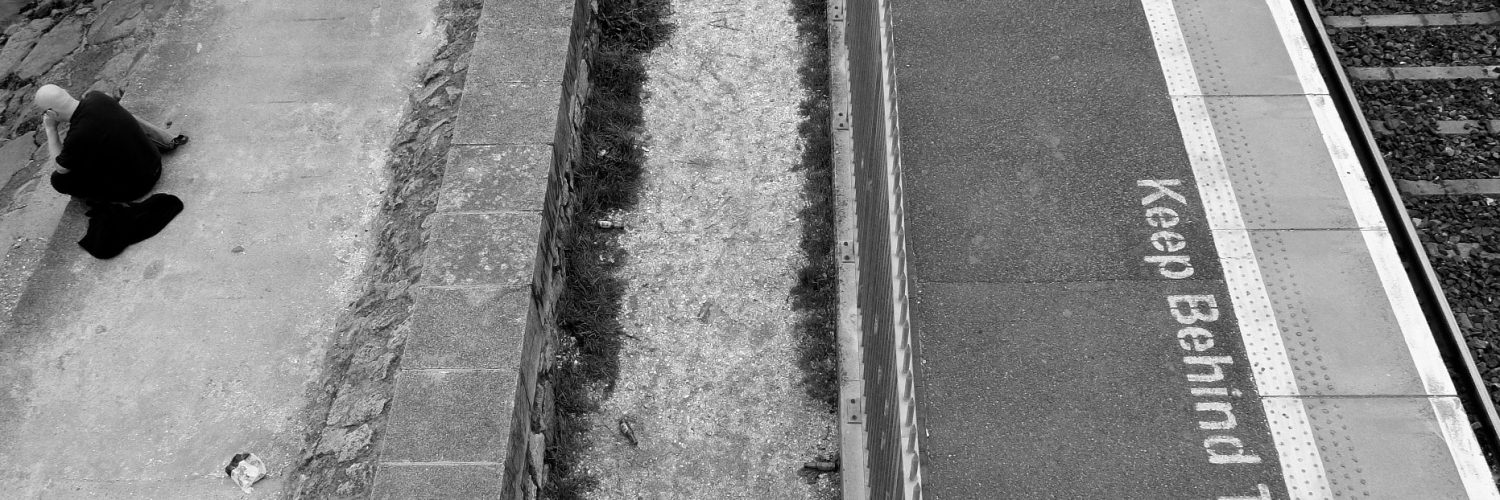Steal This Wi-Fi

Sempre, como o autor da matéria da Wired, Steal This Wi-Fi, sou questionado por deixar a minha rede Wi-Fi aberta, permitindo que meus visitantes e quem estiver do outro lado da porta possa acessar minha rede (aliás de quem é a rede mesmo? minha?).
As questões de segurança estão aí e são sérias, mas a possibilidade de uma “linuxização” do acesso a internet, sem fio, para todos, me seduz. As pessoas não abrem suas redes internas (acho que por um “default” dos instaldores de roteadores que seguem “o protocolo da segurança”), mas abrem seus notebooks em redes públicas ou compram pizzas pelo telefone, dando o número do cartão de crédito…
Nao posso ser condenado por um crime que alguém comete usando a minha rede. É o mesmo que dizer que seria culpado se alguém entrar na minha casa e cometer crimes por que deixei a porta da rua aberta…Questões para advogados.
DEIXEM SUAS REDES ABERTAS (e consultem um advogado se achar prudente! ;-))
Trechos do interessante texto de Bruce Schneier:
“(…) Providing internet access to guests is kind of like providing heat and electricity, or a hot cup of tea. But to some observers, it’s both wrong and dangerous.
I’m told that uninvited strangers may sit in their cars in front of my house, and use my network to send spam, eavesdrop on my passwords, and upload and download everything from pirated movies to child pornography. As a result, I risk all sorts of bad things happening to me, from seeing my IP address blacklisted to having the police crash through my door.
While this is technically true, I don’t think it’s much of a risk. I can count five open wireless networks in coffee shops within a mile of my house, and any potential spammer is far more likely to sit in a warm room with a cup of coffee and a scone than in a cold car outside my house. And yes, if someone did commit a crime using my network the police might visit, but what better defense is there than the fact that I have an open wireless network? If I enabled wireless security on my network and someone hacked it, I would have a far harder time proving my innocence. (…)
In a less far-fetched scenario, the Recording Industry Association of America is known to sue copyright infringers based on nothing more than an IP address. The accused’s chance of winning is higher than in a criminal case, because in civil litigation the burden of proof is lower. And again, lawyers argue that even if you win it’s not worth the risk or expense, and that you should settle and pay a few thousand dollars.
I remain unconvinced of this threat, though. The RIAA has conducted about 26,000 lawsuits, and there are more than 15 million music downloaders. Mark Mulligan of Jupiter Research said it best: “If you’re a file sharer, you know that the likelihood of you being caught is very similar to that of being hit by an asteroid.”
I’m also unmoved by those who say I’m putting my own data at risk, because hackers might park in front of my house, log on to my open network and eavesdrop on my internet traffic or break into my computers. This is true, but my computers are much more at risk when I use them on wireless networks in airports, coffee shops and other public places. If I configure my computer to be secure regardless of the network it’s on, then it simply doesn’t matter. And if my computer isn’t secure on a public network, securing my own network isn’t going to reduce my risk very much.
(…) I really don’t mind if neighbors use my wireless network when they need it, and I’ve heard several stories of people who have been rescued from connectivity emergencies by open wireless networks in the neighborhood.
Similarly, I appreciate an open network when I am otherwise without bandwidth. If someone were using my network to the point that it affected my own traffic or if some neighbor kid was dinking around, I might want to do something about it; but as long as we’re all polite, why should this concern me? Pay it forward, I say. (…)
And I appreciate everyone else who keeps an open wireless network, including all the coffee shops, bars and libraries I have visited in the past, the Dayton International Airport where I started writing this and the Four Points Sheraton where I finished. You all make the world a better place.”
